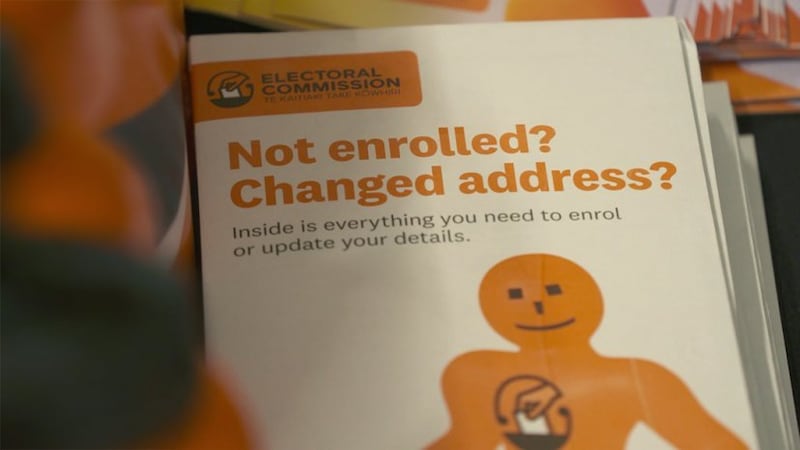The establishment of Māori wards is expected to help boost voter turnout in this year's local body elections.
In Northland, nearly 40,000 people on the Māori roll are entitled to vote and candidates in the Whangārei district are hoping key issues that affect Māori will encourage more to cast a vote next month.
Candidates for Māori wards Nicki Wakefield, Pauline Hopa, Simon Mitchell, Phoenix Ruka, and Deb Harding met at Terenga Paraoa marae in Whangārei, for an opportunity to meet voters and pitch why they should get their vote.
Wakefield, who is a long-time advocate for Māori in Whangārei says there are major changes ahead for the region, and Māori need to be at the forefront.
"We've got big decisions coming up. We've got reform coming up. We've got Three Waters, we've got local government reform."
"We've got some pretty strong co-governance spaces already. Te Kārearea has hapu representatives who sit and consider. Let's strengthen the decisions that are made at the Te Kārearea table."
The meeting was an opportunity for voters to hear from candidates. Hopa says they all have one thing in common that, despite the systems in place for iwi representation, Māori need to have a greater say at local council level.
"It's going to be important for us to be able to sit at that council table because it's been a long time since we had Māori sit at that table."
Opportunity knocks for Whangārei to meet its Māori ward candidates.
'Challenge the uncomfortable space'
"That's where I think we will find and listen to, the voice of the people. So my catchphrase if you like, and I've taken it from my wharenui, is Te Reo o te Iwi, the people's voice."
Harding has been involved in local politics at the governance level, and she says it's time for Māori to take a greater role.
"How do we, who have a mandated voice inside the council, actually get that kōrero back to our whānau, our hapu, our iwi, and that has been quite a big problem."
"We can really have those strong conversations there and challenge that uncomfortable space."
Mitchell says Māori want to have a say at the table.
"Often the council comes to us and they've already decided, so they say they're having a consultation, and even if we input, it's not going to change the decision. So just making sure that we're co-designing together, co-deciding and co-governing."
And, according to Ruka, representing youth is important.
"I think it's really important for me to be able to see how I can support these rangatahi who are slipping through the cracks in education, who are slipping through the cracks and are not being able to live up to their full potential because of the potential cracks in this place."

